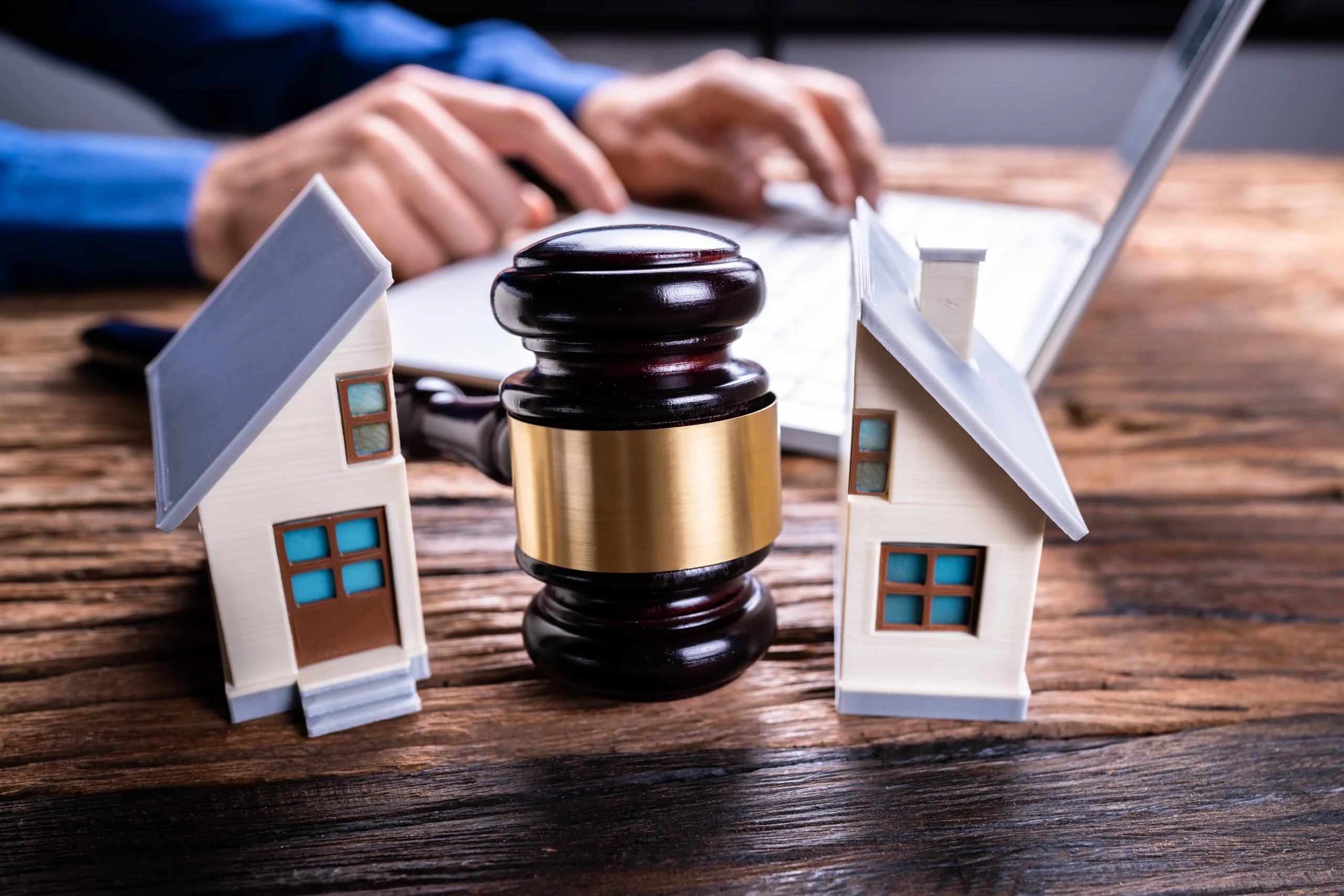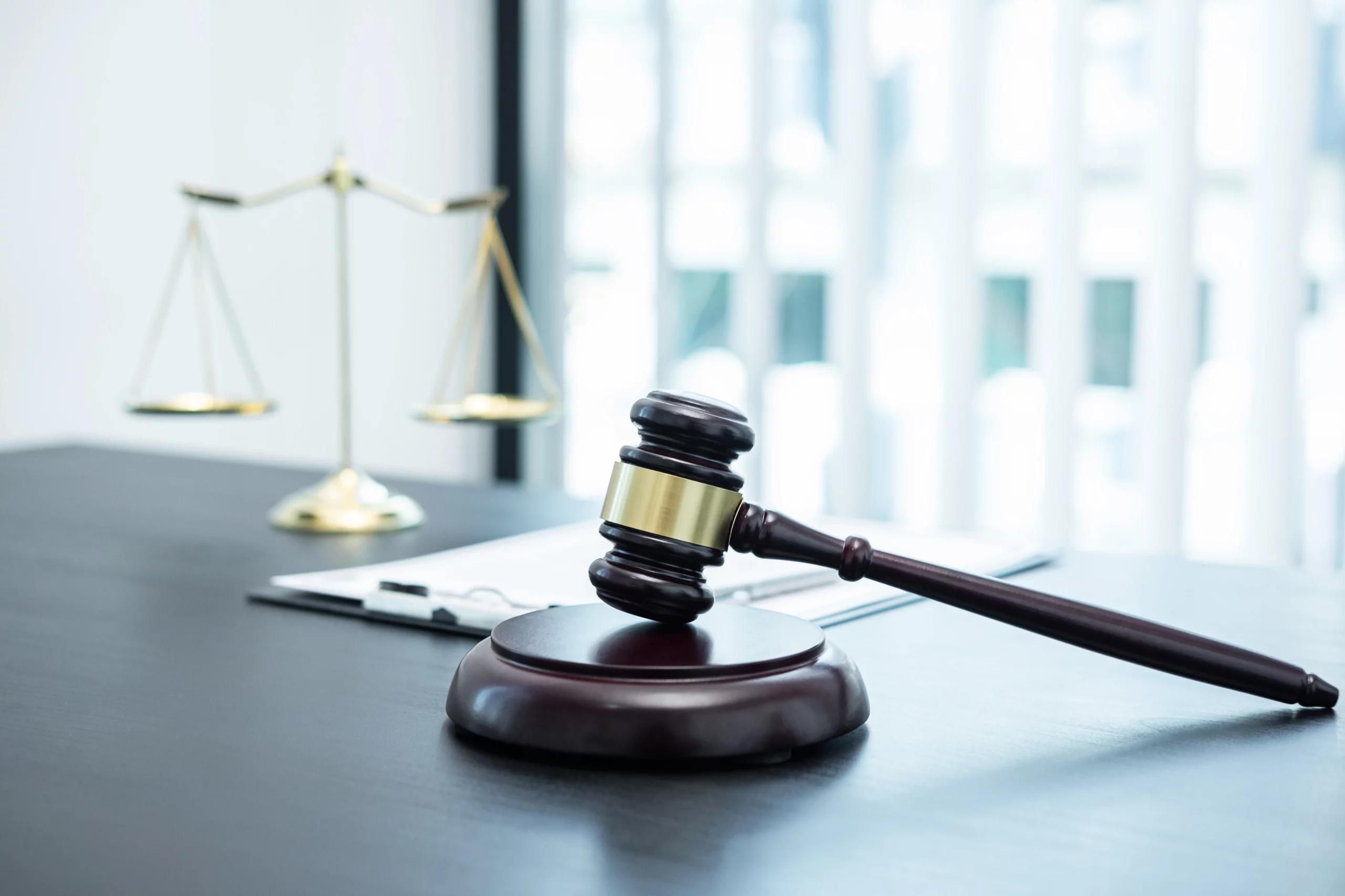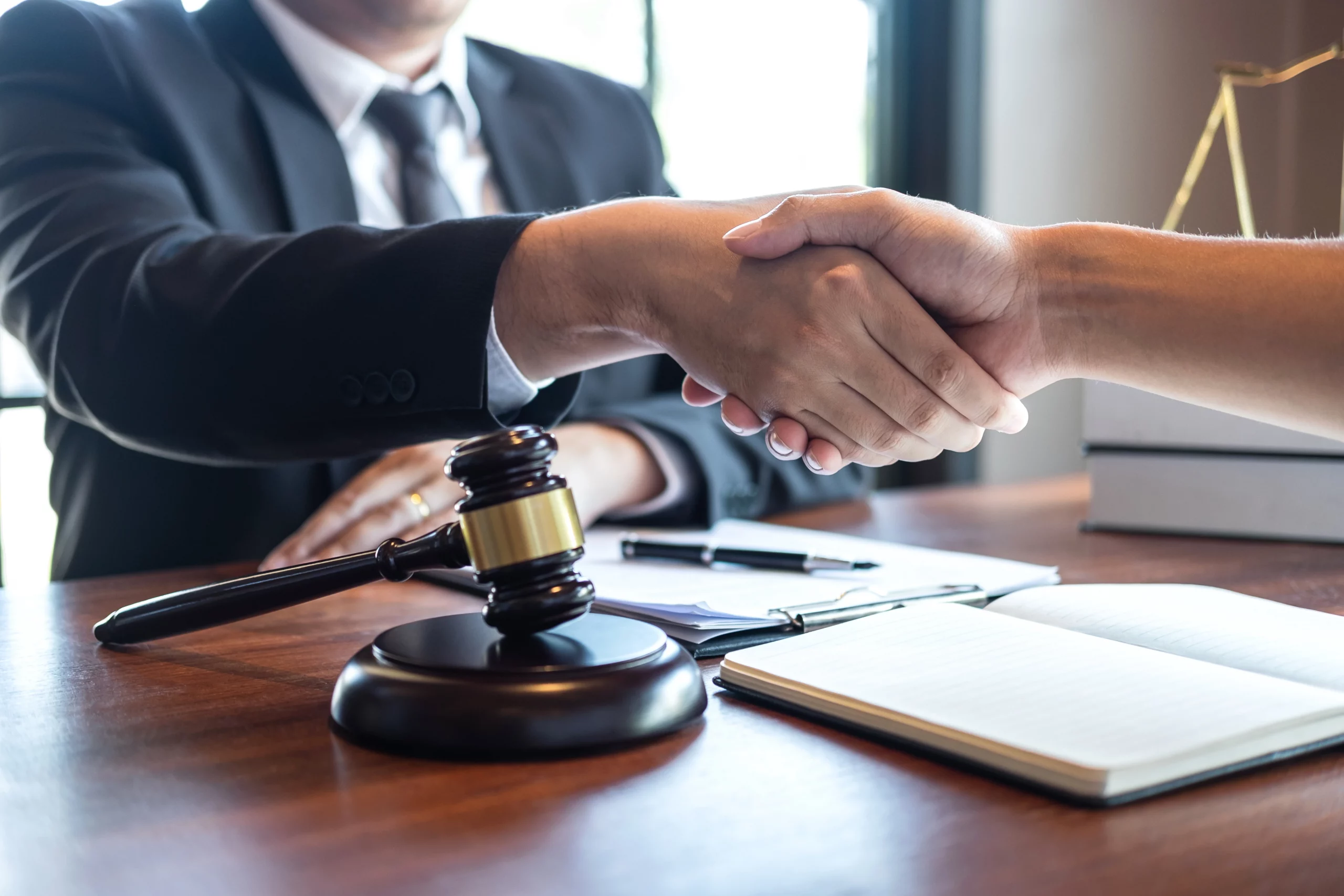Premises Liability Store Accidents| Slip, Trip, Falls
Top Rated Lawyers for Premises Liability Accidents
Premises Liability > Store
In Colorado, everyone—from private homeowners to municipal agencies—must take reasonable precautions to ensure the public’s safety.
If you were hurt in an accident that could have been prevented if the property owner or manager had taken the necessary precautions, you may be able to file a claim for damages.
If you live in the Denver area and are considering filing a claim, it is in your best interest to work with a knowledgeable premises liability attorney.
Big Box Stores
Free Consultation
NO FEE UNLESS WE WIN
TO BEGIN, LET’S DEFINE PREMISES LIABILITY LAW
Injuries sustained on any kind of property—private or public—are grounds for a personal injury claim under the jurisdiction of premises liability law. While property owners may be held legally responsible for injuries that occur on their grounds, this is not always the case.
To receive compensation for their injuries, claimants must show that the property owner or other party in control of the property was negligent in failing to ensure a safe environment.
To prove negligence, one must show that the owner or manager (1) knew about the dangerous condition that led to the victim’s harm or (2) reasonably should have known about the condition but did nothing to correct it or post warning signs.
- Slip and fall accidents
- dog bites
- fires
- water leaks or flooding
- toxic fumes
- improper or insufficient maintenance of the property
- defects in the property (such as broken elevators or escalators)
- inadequate building security (which can lead to injuries or assaults)
- accidents in swimming pools
- accidents in amusement parks are all common examples of premises liability cases.
Depending on the nature of the visitor, property owners may or may not be held liable for their actions. The duty of care owed by a property owner to a visitor depends on the type of visitor they are. We’ll break down the various categories below:
- Customers: Customers are the reason stores, restaurants, and other private companies exist. The term “business invitee” describes this type of guest. These also include people like repairmen and utility professionals who serve homeowners. Visitors have the right to presume that the establishment or residence they are invited to has been checked for potential hazards that could result in harm to themselves.
- Individuals who visit a private house for social, non-business purposes are considered licensees under the legislation. These visitors typically include relatives and friends. It is the duty of every homeowner to either remedy any unsafe problems on their land or posts appropriate warning signs.
- Definition of Trespasser: A person who enters private property without the owner’s consent. Although property owners do not have an obligation of reasonable care to a trespasser, they are nevertheless required to advise any trespassers they find on their land of any known unsafe situations that aren’t visible from a casual inspection.
- Children are given extra protection under the law if they trespass on private property because they lack the mental capacity to understand the illegality of their actions and the fact that they are drawn to potentially hazardous objects like swimming pools, and trampolines, old appliances, and automobiles. So that nosy kids don’t get hurt or killed, property owners must keep their properties secure using gates, locks, and other ways. The term “attractive nuisance doctrine” describes this legal principle.
PREMISES LIABILITY INJURIES OF VARIOUS KINDS
Common injuries in premises liability cases include:
- Hip, wrist, and ankle fractures as a result of falls
- Damage to muscle fibers, tendons, ligaments, and joints
- Injuries to the head, neck, or back are common from falls;
- drowning and near-drowning incidents occur most frequently in swimming pools; dog bites and other premises liability accidents can cause disfiguring injuries;
- fires on the premises can cause severe burns;
PREMISES LIABILITY NEWS
A Colorado Roadhouse in Orlando, Colorado was sued by a local woman in November of 2018. The woman, as report by the Colorado Record, claimed that she suffered painful injuries, incapacity, disfigurement, and scars after falling on a slippery floor.
She alleged that Colorado Roadhouse should pay for her medical bills because the restaurant did not provide adequate staff for the hazardous situation, did not delegate responsibility for inspecting and maintaining the premises to anyone and did not post adequate warnings about the hazardous substance.
WPTV reported that a Colorado woman sued a Colorado Springs, Colorado, bar and off-leash dog area after a dog there bit her nose, necessitating plastic surgery. In May of 2018, while the woman was playing with a dog in the bar, she was attacked.
At the time of the injury, the dog was alone; the woman reached out her hand and spoke to it, having previously seen it with its owner. Suddenly, the dog lunged at her. The plaintiff claimed the bar owner had failed to take reasonable precautions to ensure the safety of its customers.
The business owner has said that all pets must be spayed or neutered, at least one year old, and friendly to be allowed on the premises.
According to a BBC piece published in June 2016, the public questioned Disney’s liability when a two-year-old was abducted and killed by an alligator on Disney-owned property. The toddler was wading in an area marked “no swimming,” but Disney had not put any warnings about alligators in that location.
Whether or whether Disney’s refusal to place signs warning of alligators constituted carelessness and whether or not Disney knew or should have known that alligators frequented the region was central to the issue of responsibility. Also mentioned in the piece is Disney’s cooperation with the Colorado Fish and Wildlife Commission in the eradication of aggressive alligators.
The scene of the boy’s death was investigated by trapping and killing five alligators in the water.
A lawsuit was filed against the Leon County School District in 2017 because of an incident that occurred in 2014 when a youngster slid and fell on uneven concrete at the top of an elementary school drop-off point.
WTXL states that the child fell and struck her head, resulting in chronic headaches. The plaintiff claimed negligence on the part of the school system in not providing adequate warning to children about the hazard and in not fixing it.
In addition to financial damages for injuries and medical bills, the lawsuit requests payment for emotional distress, physical pain, and loss of services sustained as a result of the accident.
A lady who fell at a Colorado Springs, Colorado, Wal-Mart in 2017 filed a premises liability action against the store in late October of this year. Colorado Record states that the woman fell in the newborn section of the store owing to a worn and raised floorboard. As a result of her tumble, she landed on her side and hit her head.
She filed a complaint claiming she had experienced extensive physical harm that resulted in physical discomfort, emotional distress, a diminished ability to take pleasure in life, and astronomical medical bills. To add insult to injury, she claimed the store had not warned consumers of the risky situation or provided them with sufficient warning.
Injuries and lawsuits have been report at trampoline parks in South Colorado by the hundreds, according to a story by NBC Denver from July of 2018. One such claim was brought by the family of a 13-year-old girl who shattered her ankle two years ago while visiting a trampoline park in Coconut Creek.
At least a dozen such cases have been brought against this single trampoline park, the article said. Over the previous two years, there have been over 300 calls to 9-1-1 from local trampoline parks, with 70 necessitating the dispatch of emergency medical services.
Trampoline parks can be held accountable for the injuries of their customers even though they have prominently displayed signs warning of the risks, as well as mandatory waivers, frequently due to a lack of monitoring.
The trampoline park counterclaimed in the case involving the 13-year-old girl, claiming that the girl’s father had signed a waiver agreeing not to sue the park for damages related to the child’s injuries.
Denver Herald report in May 2018 that a former employee of Microsoft co-founder and billionaire Bill Gates had launched a lawsuit against a trust managed by Gates and his wife Melinda.
After falling down the steps at the ranch owned by Bill and Melinda Gates and injuring herself, the employee, a lady who worked as a cleaner there, filed a claim. She claimed she was rendered permanently disabled after sustaining severe injuries necessitating multiple operations and that she was unable to return to her previous job.
IN WHAT WAYS DOES A PREMISES LIABILITY CLAIM DIFFER FROM A TYPE OF CLAIM?
Below, we’ll go through some of the most crucial aspects of a premises liability lawsuit:
- Plaintiffs in premises liability lawsuits in Colorado must be able to prove that an unsafe condition on the property caused their injuries, that the property owner knew or should have known of the dangerous condition, and that the property owner failed to repair or warn of the unsafe condition. Colorado follows a pure comparative negligence rule.
- If you get hurt because of a dangerous situation on public property and want to sue the government, you can, but you can only get up to $200,000.
- It is not only the property owner who may be sued in a premises liability case; other parties may also be named. If the unsafe state was within the jurisdiction of whoever was responsible for maintaining the property, then a claim may be filed against the property management or even the company hired to provide maintenance for the owner.
WHAT YOU CAN DO TO BETTER YOUR PROPERTY DAMAGE CLAIM
The following are critical actions to do if you or a loved one have been hurt because of a hazardous situation on Denver private, commercial, or public property:
- The injured party should hurry to get medical attention. Keep records of any bills and other paperwork related to your injuries and their care. If the accident occurred in a public or business setting, register a formal complaint with the appropriate administration. Be careful to collect a written copy of your complaint and the contact information for the individual you spoke with.
- Document the hazardous property condition and any warning signs in the area by taking photographs. To prove that the hazardous situation existed at the time of your accident, you must take photographs of the scene as soon as possible after it occurred.
- If anyone saw the accident happen, get their information.
- Before consulting with an experienced personal injury attorney, you should not accept any settlement offers from the property owner’s insurance carrier.
Please don’t talk about it on social media.
EXCEPTIONS TO A PREMISES LIABILITY CLAIM FOR
Even if you were hurt on someone else’s property, it doesn’t imply they have to pay for your medical bills or any losses you incurred as a result. To pursue a premises liability claim against a property owner after being hurt there, the plaintiff must prove that the defendant was negligent in a way that directly contributed to the accident that resulted in the plaintiff’s injury.
A property owner’s negligence might take many forms, but it must be reasonably traceable to the owner. In addition, for a property owner to be negligent, they must have had prior knowledge of the plaintiff’s potential for injury.
If someone trips and falls on a spill on the floor, for instance, they may have a case under premises liability. Nonetheless, the property management had to have been aware of the spill and its potential for harm, and they would have chosen to ignore it.
A recent spill does not provide grounds for legal action. A landowner must be given a chance to remedy the situation. Negligence is established in the absence of any action on the part of the property owner.
EXACTLY HOW WE CAN ASSIST YOU
If you’ve been hurt on someone else’s property, you may be able to file a premises liability claim with the help of the skilled attorneys at Warrior Injury Law. Such claims can be difficult to pursue since you’ll have to prove both the magnitude of your injuries and that the property owner’s carelessness was the proximate cause of those injuries.
You may rest assured that if you hire one of our lawyers, we will devote the necessary time and energy to thoroughly examine your case, identify any potential co-defendants, and advise you on your potential liability under Colorado’s comparative negligence standard.
Although we cannot promise you a specific outcome, we will work tirelessly to settle your case out of court if we are unable to reach an agreement with the insurance company. If you’ve been injured on someone else’s property, don’t hesitate to call Warrior Injury Law at 719-300-1100or send us a message contact us online a free consultation with one of our knowledgeable attorneys.

FREE CASE REVIEW
We are standing by ready, willing, and able to help you. You can schedule a free consultation here on our website, or give us a call and talk to us. Whatever you prefer, we will accomodate you!








